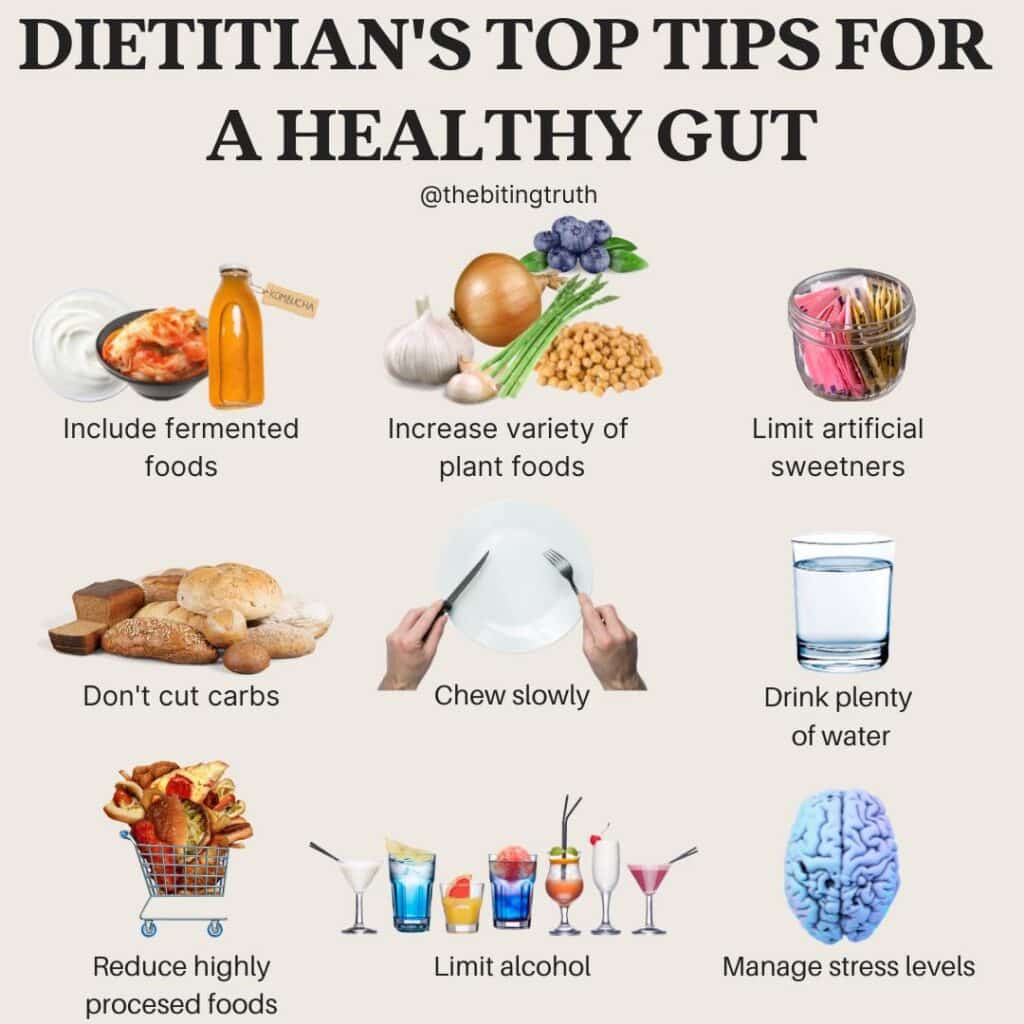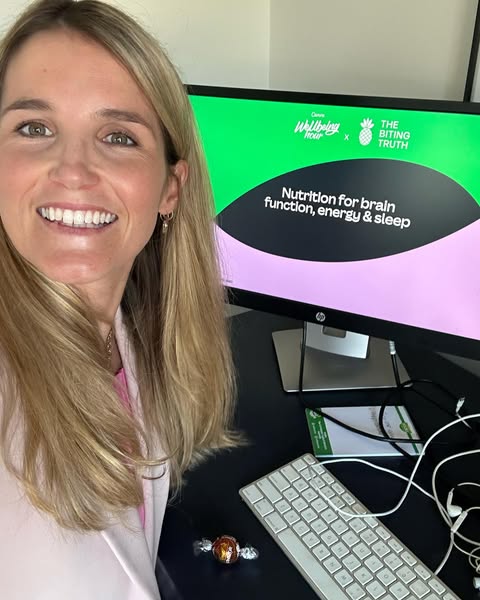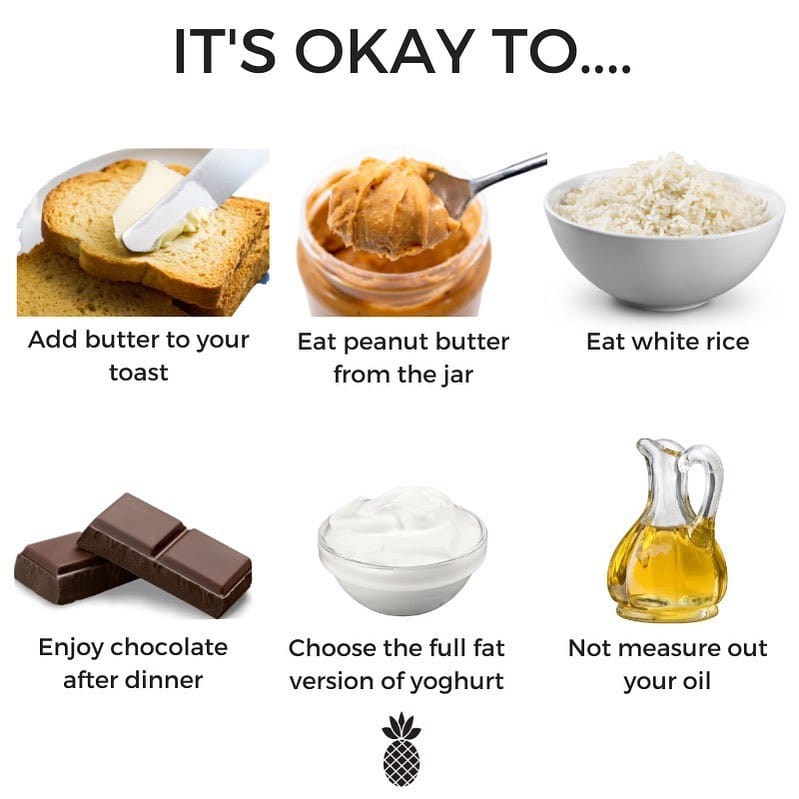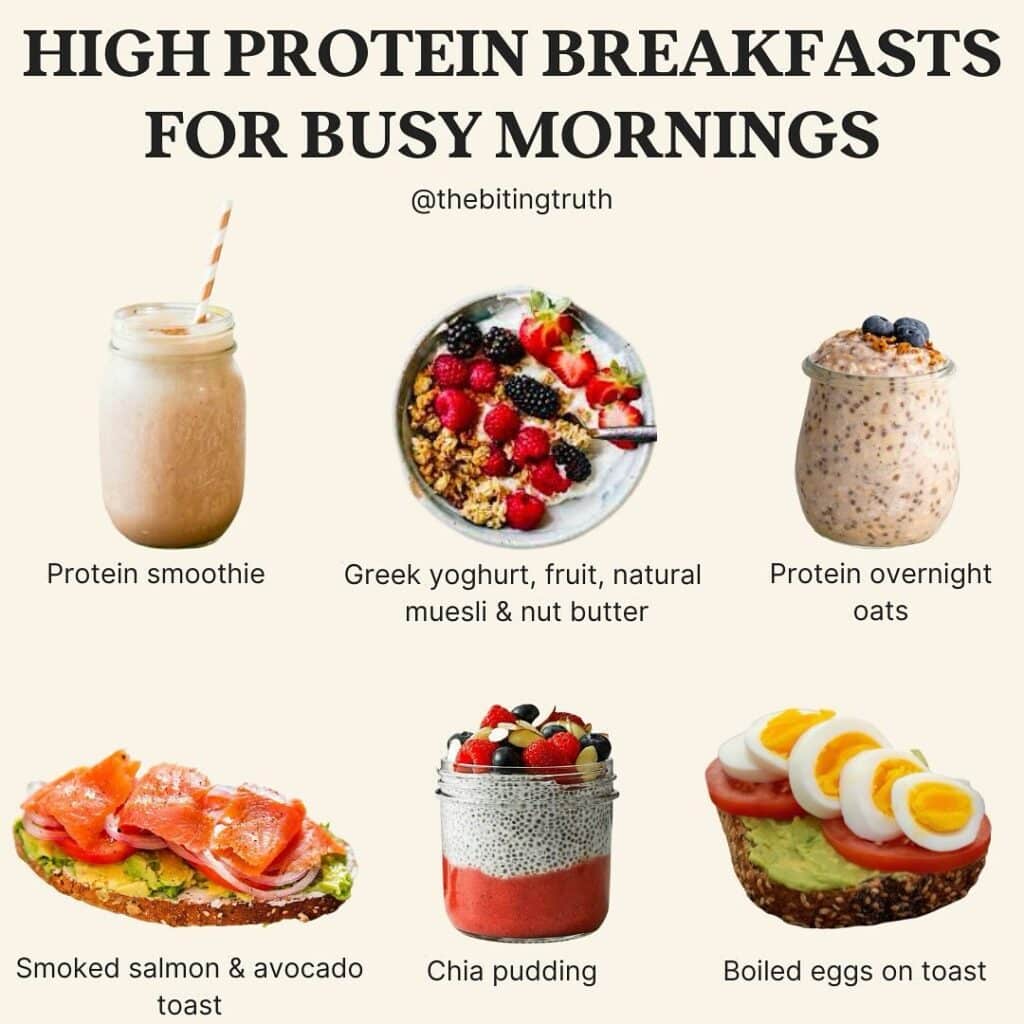Free shipping for orders over $80
Free shipping for orders over $80
As a child milk was always a no nonsense staple. Enter adulthood and milk, like many other foods, has been the victim of pseudoscience fear mongering. The minefield of dairy and dairy free products available at the supermarket combined with the mixed messages make it difficult to understand what on earth to pick – or whether to pick any at all!
Let’s allow science to guide our way!
Please read: in this article, we are looking at dairy foods from a nutritional perspective solely. If you choose not to consume dairy products based on ethical or environmental reasons, that is perfectly fine. But remember, nutrition is based on science not opinion – so here’s the facts you should know about dairy.
FACT: The only food that solely exists for human consumption is breast milk. Cow’s milk, undoubtedly, is meant for calves. And, it’s true, there are some people who cannot tolerate dairy products. However – most humans are able to tolerate dairy foods (and have been doing so for thousands of years), which is great because milk is a very nutritious food source. It’s particularly high in protein, calcium, phosphate, B vitamins and iodine, which are all important nutrients for human health (it’s like a one-stop-shop for all the important nutrition that the body needs).
FACT: There are no hormones added to milk or dairy products in Australia. Like all animal foods, milk naturally contains hormones such as progesterone and IGF1. These naturally occurring hormones in milk are broken down by enzymes in our guts and therefore are not absorbed in their active form. Some countries use a synthetic bovine growth hormone (as well as naturally occurring hormones) to increase milk production, however, this is strictly prohibited in the production of milk in Australia.
FACT: Gut heath has become hugely popular and for good reason, there’s so much evidence to support the health and wellbeing benefits of a healthy gut. Unfortunately we’re seeing so many people misguided to believe that they need to eliminate dairy from their diet to achieve optimal gut health. If we look at the science, there is no evidence or research to show that dairy has a negative impact on the gut. In fact, the research is quite the contrary, moderate consumption of fermented dairy products like yoghurt, kefir and some cheeses may in fact be beneficial for the gut microbiome.
FACT: Sugar is not added to plain low fat milk in Australia. When you look at the nutrition information panel on a bottle of milk, low fat milk may contain slightly more sugar than full fat milk (per 100mL) but this is naturally occurring milk sugar (lactose). The reason low fat milk has slightly more sugar than full fat is because when fat is removed from milk, what is left behind is slightly more concentrated (including protein, calcium and lactose). So while lowering the fat results in a slightly higher level of sugar, it’s not because sugar has been added.
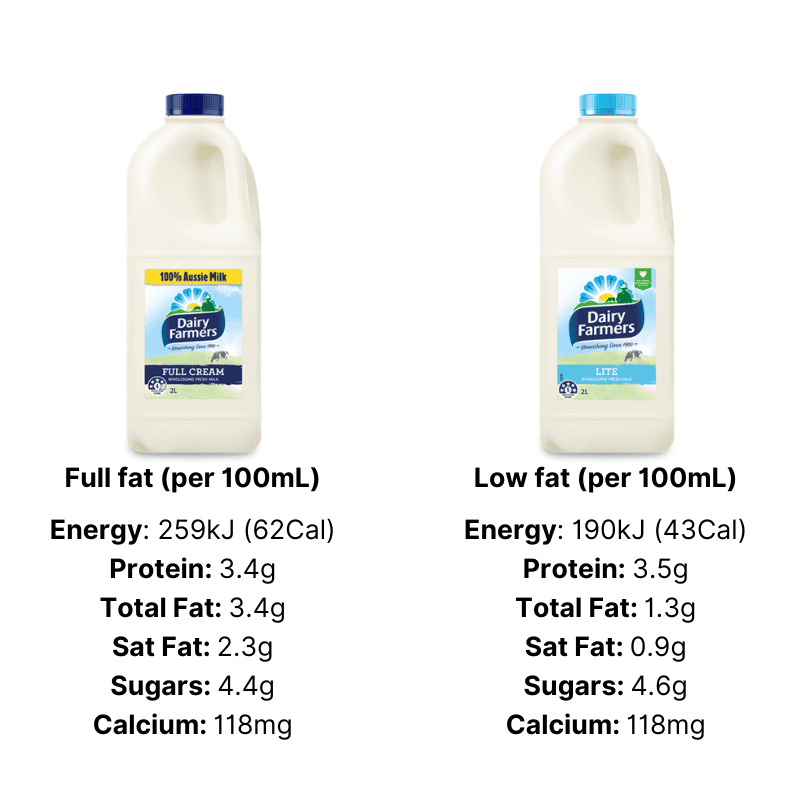
FACT: This is a myth that has been circulating for years. The theory behind this is that milk and dairy foods congest your skin, cause oil to build up which can lead to pimples and acne. Here’s the deal, there is no science to support a link between acne and dairy foods. The American Academy of Dermatology and the Australasian College of Dermatologists state that acne is not caused by diet. Skin type, genetics, hormones and exposure to pollutants are more likely to be determinants of acne than dairy. Eating a healthy balanced diet including plenty of fresh fruit, vegetables and dairy foods is the best way to make sure your skin gets all the nutrients it needs.
FACT: Just like most foods, eating dairy doesn’t automatically lead to weight gain – eating too much dairy might – but we don’t recommend eating too much of anything (except veggies!). Dairy products can be part of a healthy, balanced diet, but moderation is key. In fact some research suggests that dairy can lead to weight loss. This is because dairy foods tend to be satiating, which means they’ll leave you feeling satisfied, prevent dips in blood sugar levels and reduce overeating, which all can help to support sustainable weight loss.
Drinking milk is an individual choice. If you have problems with lactose dairy proteins, you might want to cut down on your consumption, or cut out milk entirely. But if you don’t have any problems drinking milk – dietary or otherwise – it’s really up to your own personal preference. From a health perspective, dairy is a fantastic source of nutrients. Do what’s good for your body, and hopefully you’ll feel good about your decision.
—
